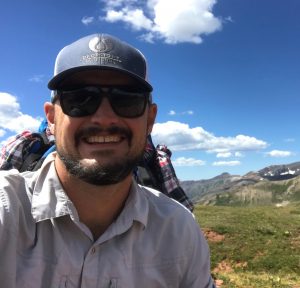
Dr. Pauli is an Assistant Professor with the School of Plant Sciences at the University of Arizona. His research program focuses on understanding the genetic basis of stress adaptive traits in crop plants through various mechanisms including phenomics, field-based physiology, and quantitative approaches such as models and genetic mapping. Broadly, he is interested in all aspects of agriculture from the historical perspective to production practices and how those interact with the larger agroecosystem.
The advancements in high-throughput phenotyping over the last decade have enabled researchers in the plant science community to generate vast amounts of data. However, a new bottleneck has emerged – how to turn these data into knowledge and insight of complex biological phenomenon. Current phenomics processing pipelines are generally limited in their ability to scale with the size of data being generated or lack flexibility to meet the needs of researchers. To address these challenges, we have developed PhytoOracle (PO), a suite of modular, scalable pipelines that harnesses distributed computing to improve data processing efficiency. PO integrates CCTools’ Makeflow and Workqueue frameworks for distributed task management on local, cloud, or high-performance computing (HPC) systems. Each pipeline component is available as standalone containers, providing transferability and extensibility. Container technology enables reproducibility with version control ensuring consistent data processing. Researchers can swap between available containers or integrate new ones suited to their specific research needs. With the PO data processing pipeline, phenotypic traits can be extracted from large, multimodal data sets and leveraged for downstream analyses such as genetic mapping, or as will be demonstrated, in a virtual reality environment for the ultimate data exploration experience.